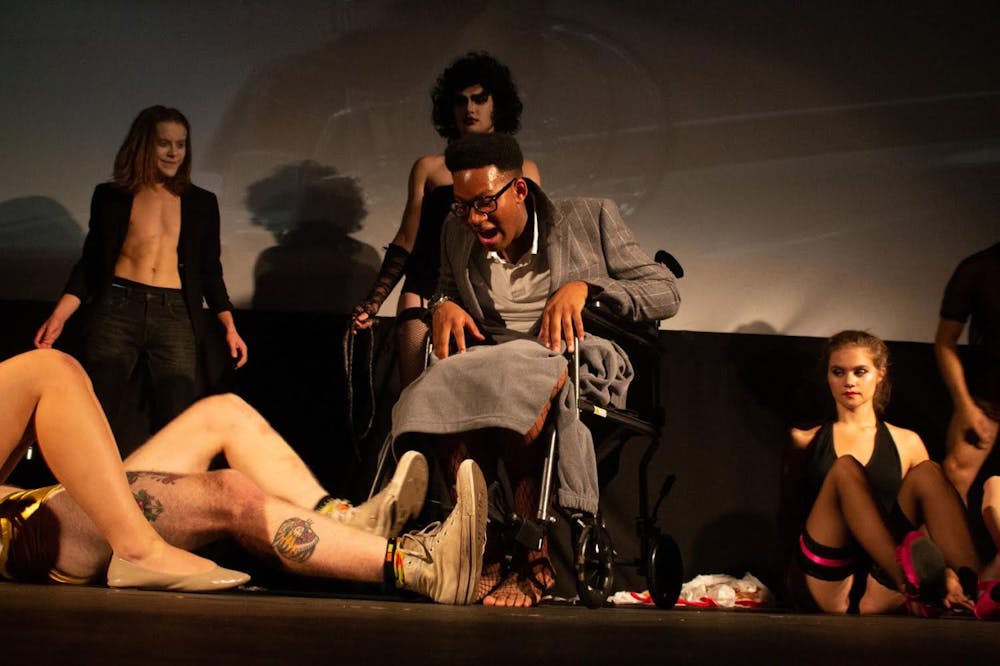Anish Pinnamaraju, the executive director of LAB! Theatre Company, is used to walking into an audition room to a sea of white faces. He's aware that he unfavorably sticks out.
Pinnamaraju is not alone in his isolation in the predominately white theater community. Many students involved in UNC theater have seen problems with diversity and racial inclusion and are working to improve these areas.
"It's an honor to be a part of LAB! because we are the oldest student theater company on this campus," Pinnamaraju said. "But that also means we have so many years of the way it has changed."
Senior Liz Howard, the executive producer of Black Arts Theatre Company, said she doesn't do theater just to entertain or become famous. Theater was constructed to share the stories no one heard and amplify stifled and suppressed voices.
“To do shows that feel comfortable, goes against the principles of theater in itself,” Howard said. “We're not supposed to just feel comfortable. We're supposed to make change and, you know, do something that shakes up the audience and shakes up the world of theater, creates a narrative.”
Howard has worked with most of the University’s student-led theater groups and even the professional group Playmakers. Liz’s experiences with diversity issues catalyzed her creation of Black Arts Theatre Company in 2019.
Liz is accompanied by other powerful minority voices in the theater community.
Eric Groves, workshop coordinator and diversity and inclusion chairperson of Pauper Players, said he also has often felt isolated in theater rehearsals as a person of color.
”It did feel isolating at times just to be the only person of color during certain rehearsals. It made me want to help promote more diversity and inclusion within theater,” Groves said.



